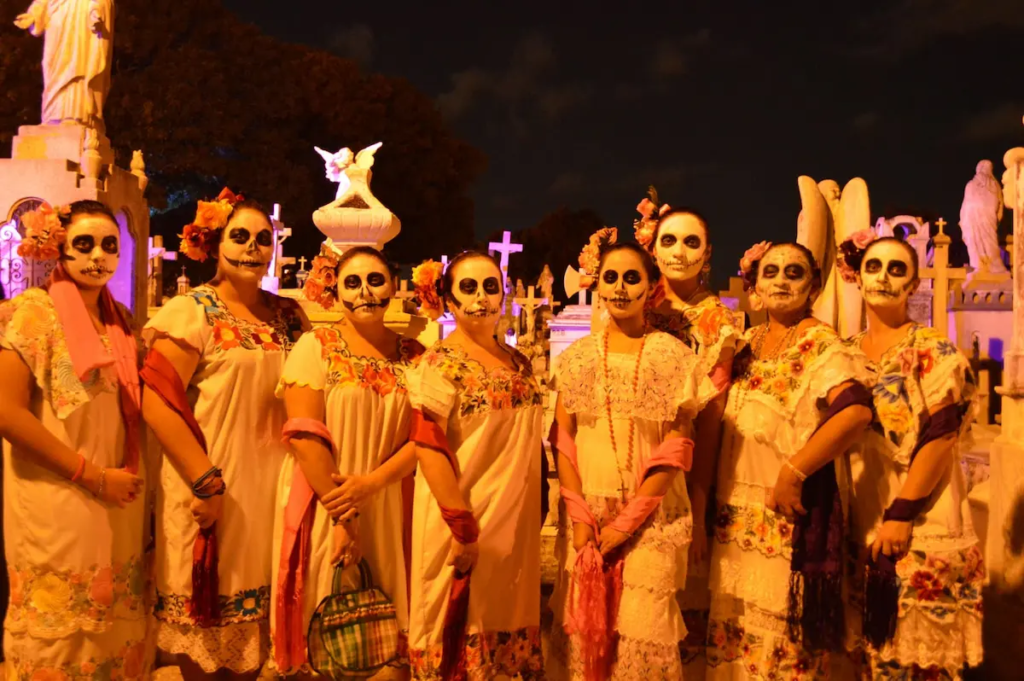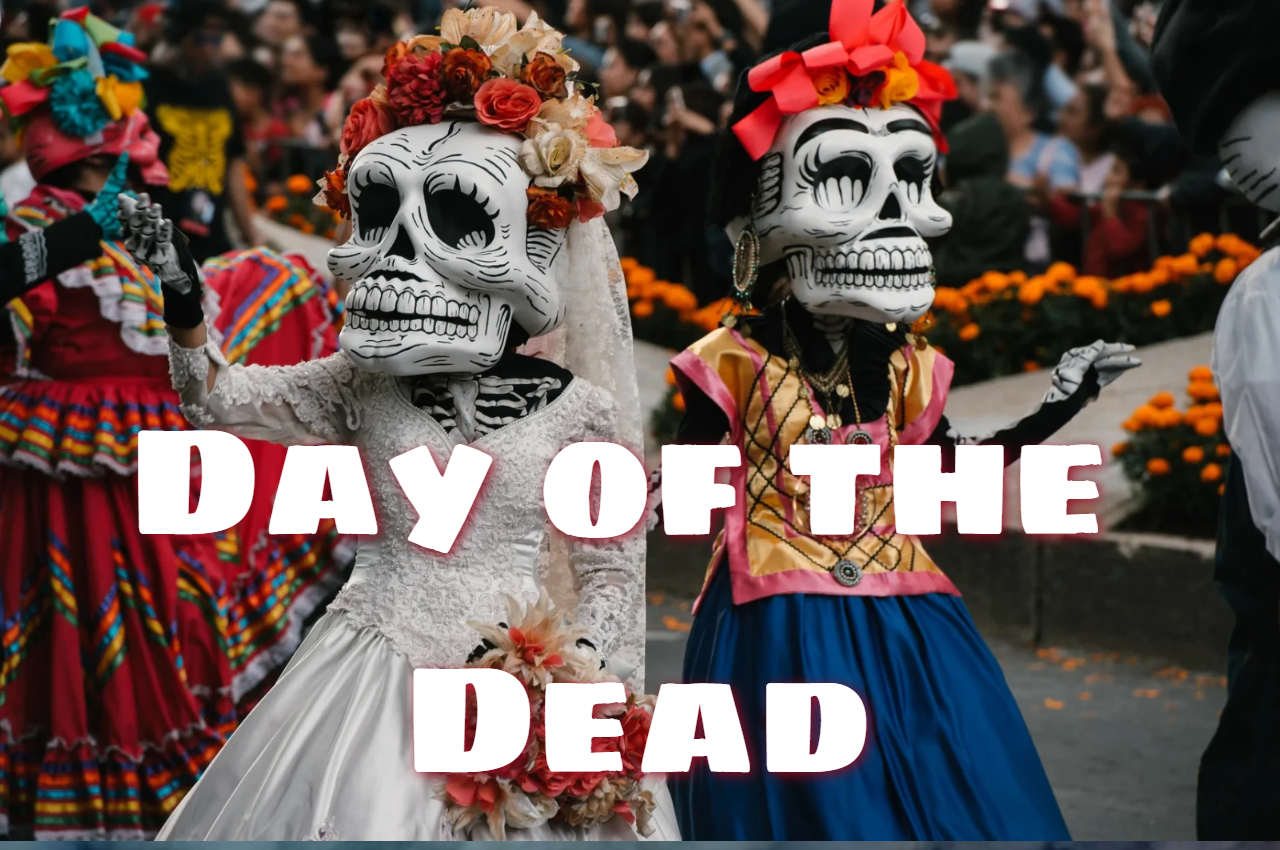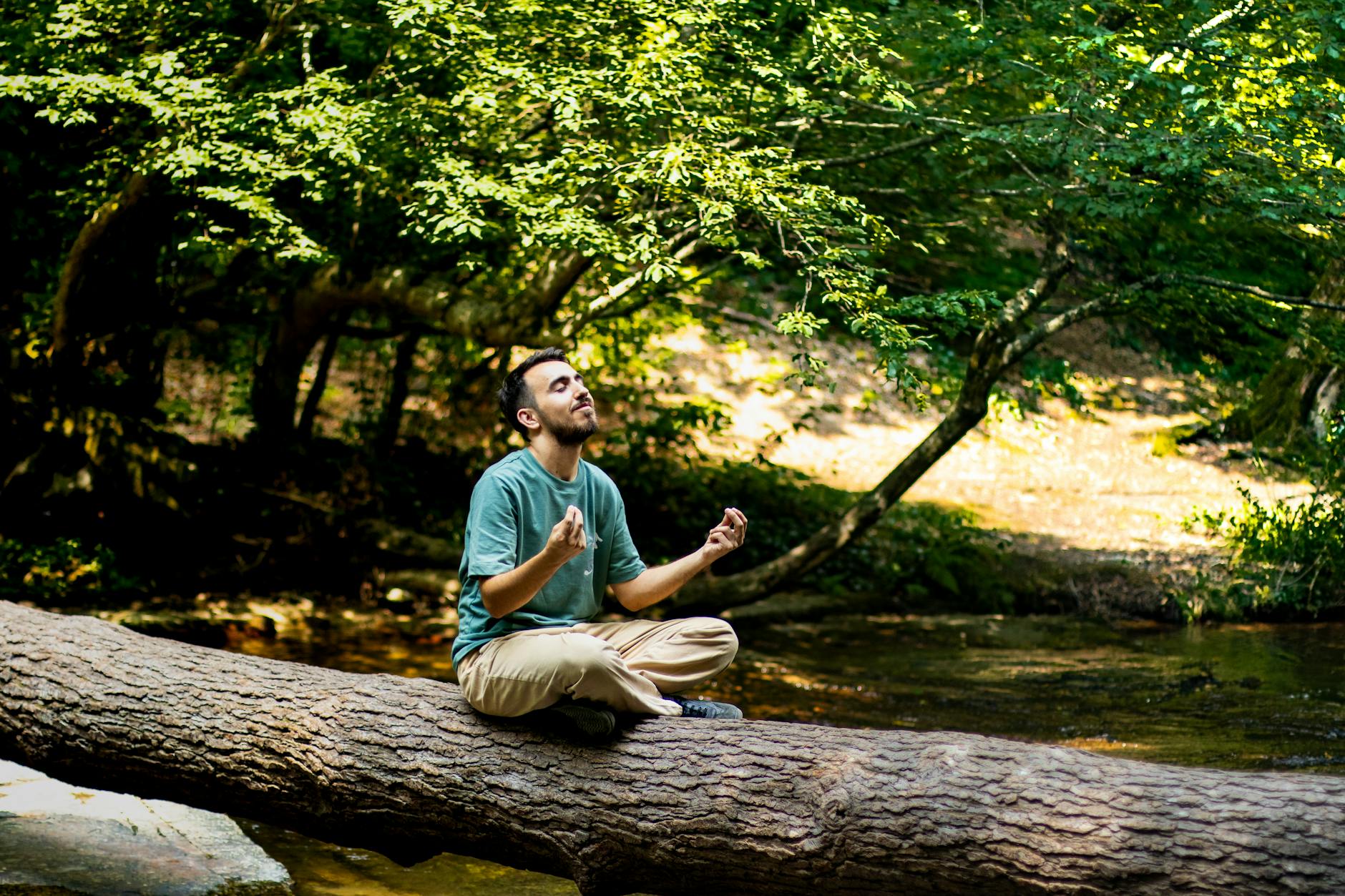Day of the Dead, or Día de los Muertos in Spanish, is a unique holiday that blends honoring the departed with vibrant celebrations of life. It is not just about remembering the deceased but celebrating their lives and legacy in ways that bring joy, laughter, and even a therapeutic release to the families who gather. While this holiday is deeply rooted in Mexican tradition, its universal themes of remembrance, connection, and acceptance make it beneficial for the heart, mind, and body alike. This two-day event is recognized across cultures, with symbols like colorful marigolds, decorated sugar skulls, and elaborate ofrendas (altars) encouraging people to reflect on life in ways that positively impact well-being.
Embracing the Day of the Dead for Mental and Emotional Health
The rituals associated with the Day of the Dead offer a way for families to remember their loved ones in a comforting, rather than mournful, manner. Here’s how celebrating this holiday can contribute to mental clarity, relaxation, and even physical health.

1. Alleviating Grief Through Celebration
The Day of the Dead uniquely celebrates life and death without the sadness typically associated with loss. Families construct an altar, or ofrenda, filled with photos, marigold flowers, and the favorite foods and drinks of the departed. This way, the living can symbolically “reconnect” with their loved ones, sharing memories and stories of their time together. Psychologists suggest that celebrating rather than solely mourning can release endorphins, easing the grieving process and reducing stress.
2. Strengthening Family Bonds
During Day of the Dead celebrations, families gather to reminisce, laugh, and honor shared memories. The event encourages togetherness through activities like preparing food, decorating gravesites, and painting faces as calaveras (skulls). These communal activities not only deepen family connections but also reduce feelings of isolation and loneliness. In a world where grief can often feel isolating, the Day of the Dead reminds people that loss is a shared experience and can be commemorated collectively.
3. Reflecting on Mortality for Mental Clarity
The calavera (sugar skull) is a central Day of the Dead symbol that reminds people of the transience of life. Embracing this can cultivate a mindset that appreciates life more fully, leading to reduced anxiety. By confronting and accepting mortality in this festive way, people can feel a greater sense of purpose and peace, focusing more on what truly matters.
4. Alleviating Stress Through Rituals
The preparation for Day of the Dead—from creating sugar skulls to arranging ofrendas—involves hands-on activities that are both meditative and grounding. Engaging in these rituals can act as a mindfulness practice, giving participants an opportunity to slow down, breathe, and focus on something meaningful. The act of decorating an altar, preparing traditional foods, or painting a loved one’s name on a sugar skull brings a tangible connection to the deceased, which has been shown to reduce stress hormones and improve mood.
Physical Health Benefits Through Day of the Dead Celebrations

1. Physical Activity from Preparations
While it may not seem obvious, preparing for Day of the Dead involves a fair amount of physical activity. Decorating the grave, creating elaborate ofrendas, and participating in the Día de los Muertos parade encourages movement, which promotes physical health. Walking through cemeteries or dancing in the parade also stimulates blood flow and can even help with cardiovascular health.
2. Mindful Eating with Traditional Foods
The traditional foods of Day of the Dead include pan de muerto (bread of the dead), tamales, and seasonal fruits. While some may indulge in tequila or mezcal as part of the adult festivities, the overall emphasis is on homemade, heartfelt offerings rather than processed food. Sharing food with family and enjoying small portions of these special dishes can foster a more mindful relationship with eating, a habit that helps with digestive health and reduces overeating.
3. Boosting Immune Health with Community and Joy
Studies have shown that social gatherings, especially those centered around love and joy, help to strengthen the immune system. Day of the Dead celebrations bring people together in an open, supportive environment, reducing stress and boosting emotional well-being. This kind of positive interaction can help the body’s natural defense systems, making the event a holistic health boost as well.
Celebrating Day of the Dead by Watching Movies

For those new to the holiday, watching Day of the Dead-themed films like Coco can offer an insightful and gentle introduction to the traditions. Watching movies can foster relaxation and reflection, giving viewers a chance to understand the beauty of this tradition without leaving home. Films about the Day of the Dead often include depictions of ofrendas, calaveras, and family connections, capturing the beauty of celebrating life and death.
Whether celebrated by honoring loved ones through ofrendas or gathering around a movie, the Day of the Dead embodies acceptance, togetherness, and joy. These rituals offer more than just a cultural celebration—they provide a way to reflect, heal, and connect with loved ones, making it an invaluable holiday for both mental and physical health.


